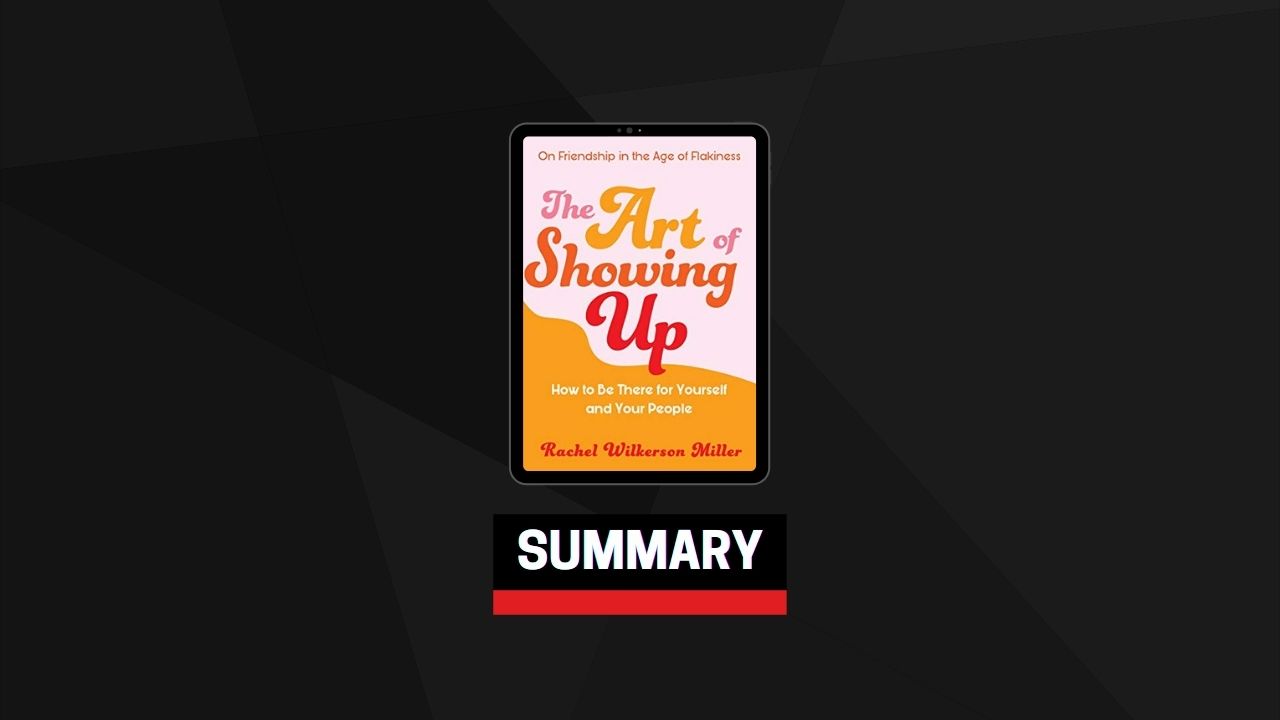Getting to Know Yourself
Knowing yourself is also at the heart of showing up for other people. At a basic level, if you aren’t self-aware, it’s impossible to recognize how you’re making other people feel. But it goes even deeper than that: The more you unpack your own motivations and patterns, and name and honor your own needs, the easier it becomes to do the same for others—to understand why they are behaving a certain way, to view their needs as legitimate, to withhold judgment when they are struggling, to be kind and compassionate, and to respond in a way that makes them feel seen. When you are firmly rooted, you can fully stand up for others.
So, what does knowing yourself even mean?
- Being able to name the main qualities that make you you
- Having a clear sense of your core values and your priorities
- Knowing what you like and don’t like
- Identifying what makes you feel comfortable and uncomfortable
- Acknowledging what you are willing and unwilling to do
- Being aware of how you’re likely to react (or are reacting) in a given situation
Seems easy enough, right? But it’s not exactly, or at least, it’s not easy for everyone. If you’ve gone through life believing one story about yourself—either a story you invented, or one others wrote about you—it can be hard to suddenly stop and ask yourself if it’s actually true. Figuring out that truth can, at times, be an uncomfortable process. But it can also be enlightening and therapeutic and fun.
Making Space
Making space begins with making choices. If you don’t decide how you want to live your life, other people will decide for you. Making space means you have to say no sometimes—no to your beloved friends, to your coworkers, to the things you “want” (but don’t really want), to the things you genuinely want (but not right this second), to your notifications and goddamn phone. You can’t be your happiest, most authentic self if you regularly abdicate this responsibility. I know this can be difficult, but I’ve found that it’s considerably easier when you are able to do it intentionally and wholeheartedly, confident in who you are and secure in the knowledge that your decision is the best one you could make in this moment. Or, to put it another way, if you know what, exactly, you’re saying yes to instead.
Showing Up for Your Body
overlook the importance of your corporeal form. Think about it: It can be hard enough to get through a day even when you are meeting your basic needs. When you have a need that isn’t being met, it’s nearly impossible to think of much else. But even though you probably know that you should get eight hours of sleep every night and eat a vegetable once in a while, a lot of us aren’t doing this stuff or are struggling to do it consistently. Perhaps it’s because these tasks are so basic that it’s easy to treat them as something that just happens automatically and doesn’t require us to pay attention or make choices. And because these needs aren’t exactly sexy or fun or new, we tell ourselves that they must not really matter that much.
But they do matter!
don’t believe it’s possible to show up for yourself or others long-term if you’re not taking care of yourself in the most basic, low-level ways.
Showing Up for Yourself Every Damn Day
Showing up for yourself takes place in your habits—the behaviors you repeat, often without having to really think about them.
Because the things we do every day—the clothes we wear, the spaces we inhabit, the objects that surround us, the hobbies and activities we partake in—are more than just background scenery. They’re . . . it.
Our everyday habits and routines define how we spend the majority of our TME. When they feel right, life feels a tiny bit better. When they are a source of frustration or discomfort or shame, life feels so much harder. And that is true regardless of what is happening with the so-called “big” stuff like your job, relationships, health, finances, and the culture around you.
Showing Up for Yourself When Shit Gets Hard
Showing up for yourself when times are good can be hard enough; showing up for yourself when you’re going through a rough patch can feel downright impossible. But, of course, that’s when you need to show up for yourself the most.
Normal” doesn’t really exist anymore.
When you’re going through a rough patch it can be incredibly disorienting to watch your “normal” life—your routine, your concentration, your favorite things, your stable moods—move somewhere beyond your reach, or disappear entirely. But this is, in large part, what loss is. Everything feels different because everything is different. You’re in a Bad Time; of course nothing will be normal
When your thoughts wander to The Big Horrors, reply with a firm, “Don’t look down,” and focus on whatever is happening right now. Instead of thinking about the next year, maybe let yourself think only about the next month. With practice, you’ll be able to limit your thinking to just the next week. Finally, you’ll be able to focus on just the next twenty-four hours.
How to Make Friends
Whether you’re just starting college or sending your third child off to grad school, it’s completely reasonable to want to make friends who are doing roughly the same things you are.
we miss out on valuable relationships when we write people off for being, say, too old or too young, or for not being parents or not being students. These days, fewer of us are attending religious services, getting to know our neighbors, and engaging in civic activities, which means we have far less exposure to people at different life stages. But talking to people from different generations broadens our worldview and makes us kinder, smarter, and more empathetic.
The Care and Keeping of Friends
Good interactions with friends are one of life’s greatest joys. And while it’s easy to be bad at conversations with friends, it’s not that hard to be good at them, either. Regularly showing up for friends is about being mindful of what you say (and don’t say), what you share, and when you share it.
You don’t need to make a twenty-minute PowerPoint presentation before a coffee hangout, but in the hour before your visit, you may want to think of some answers to the inevitable “What’s new with you?” question. If you’re drawing a blank, think about what you’ve enjoyed recently (books, podcasts, movies, new recipes); any noteworthy purchases you’ve made since you saw them last; any new trips/vacations you’re planning; and anything on your calendar for the next month or so that you’re excited about.
The Art of Noticing
Noticing isn’t about obsessively reading into every little thing someone does; it’s about learning to really see people—their values, behaviors, preferences, emotions, needs, boundaries, experiences—and being able to recall what you saw. When you follow noticing with processing
you can start to pick up on patterns, which can tell you a much bigger story about a person or situation. Together, noticing and processing set the stage for naming and responding—using what you’ve gathered to honor, validate, and take action.
One of the definitions of “notice” is “to treat with attention,” which I love. It is a treat! It’s exuberant, joyful, generous curiosity, and it’s at the heart of showing up.
When They’re Going Through Hard Shit
When a friend is going through a hard time, you likely won’t be able to make the situation better. But you can help them survive. You can honor and validate their loss; bear witness to their experiences and pain; let them know that they are cared about and valued; and remind them that they are not alone. And you can not make things worse.
First, know that showing up for others might make you feel quite vulnerable. Because even though it’s ostensibly something you do for other people, it can still feel risky! No one wants to look foolish or come across as lacking self-awareness.
Second, you should only give what you actually have. When a person you care about is struggling, of course you want to do everything you can to make them feel better. But first, stop and think about what you specifically can truly offer in this moment. You shouldn’t go into debt (emotional or financial) when you’re showing up for someone else. (And really, the other person probably doesn’t want you to do that.) Give what you have, and trust that that will be enough.
So, Somebody Fucked Up
If somebody fucked up and you aren’t sure how to proceed (Reach out? Ignore it? Run away and change your name???), you can always return to the four basic steps: noticing, processing, naming, and responding. Whenever you’re feeling lost in a friendship, showing up—for them, for yourself, for both of you—is a compass that will guide you on your way.
So often when a friend hurts or disappoints us, we convince ourselves that it’s better for everyone if we just swallow our feelings and say nothing—and then either slowly pull away from the person who hurt us, or harbor bitterness for years. But both of those options can seriously corrode a relationship; being honest is often the kindest course of action for both you and the other person.
Practicing radical candor is one of the ways that showing up for others can really feel like work. It requires confidence and trust and genuine empathy. You have to set aside your own need to be comfortable and risk your likability for the benefit of someone else.


